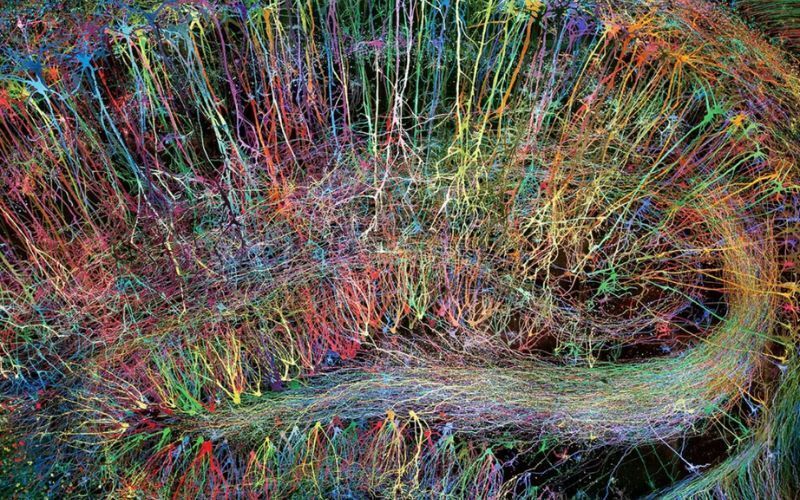Building a Resilient and Compassionate Community
by Dr. Rony Berger, Associate Professor of Psychology, Emergency Medicine, Ben Gurion University of the Negev & Adjunct Professor, Tel Aviv University
The formal definition of compassion, "sympathetic pity and concern for the sufferings or misfortunes of others" (Oxford, 1984), comes from the Latin word compati which means "suffering with". However, the meaning of compassion that I prefer to adopt in my work with children is based on the well-known definition of the Dali Lama, namely, "sensitivity to the suffering of self and others with a deep commitment to relieve its suffering". In other words, it is not just a feeling of sympathy or empathy toward another person, nor it is a skill that a one can obtain by simple practice. For me, it is a complex affective, attitudinal and behavioural orientation toward self and others based on deep caring for self and others. The crucible for this psychological orientation is the parental bond and the attachment processes which are the basis for self-acceptance as well as for empathy and compassion. "Good enough" parent are attuned to their child moment to moment, are able to identify the child's discomforts, differentiate between their needs and the needs of their child, and finally, doing all they can to relieve their child from discomfort and pain. In other words, these parents are practicing compassionate caring. Social psychology emphasizes developing pro-social norms and behaviours as well as warns us against negative situational factors such as blind obedience to authority (Milgram,1961), inhuman social roles (Zimbardo, 2007) or outgroup de-humanization (Staub, 2013). Finally, Buddhist philosophy and psychology suggests that compassion is an innate quality of all human beings and that practicing mindfulness and other contemplative traditions can transform our mind as well as the nature of our interpersonal relationship in a positive direction. I believe that the dialectics between evolutionary forces, attachment styles, intergroup relationships and contemplative practices can determine the child's resilience, compassion and pro-sociality. Based on the understanding of multilayered influences of compassion, we developed two programs to for normative students' population geared to enhance their resiliency and promote compassion and pro-social orientation: THE ERASE- STRESS PROSOCAIL (ESPS) and the CLASS EXCAHNGE PROGRAM (CEP).
ESPS is a skill-oriented, school-based and teacher delivered program that utilizes cognitive-behavioural, narrative and somatic interventions in combination with a mindfulness and compassion cultivating practices. The premise of the program is that in order to help students develop empathy, compassion and pro-social orientation, we need to simultaneously strengthen their natural coping skills and acquire resiliency strategies as well as teach them values of shared/common humanity and cultivate compassion and tolerance toward the other.
The program is a 16-weekly hour and a half sessions delivered by homeroom teachers within the on-going school curriculum during the school year. Topic of the sessions include : strengthening natural coping skills, empowering the body, dealing with negative feelings, controlling your mind, developing empathy and compassion toward self and others, promoting critical thinking, knowing your group biases and prejudices, learning the meaning of common humanity and developing pro-social orientation and active bystandership. Each session is structured and contains a warm-up exercise, experiential work, psycho-educational knowledge, several learned skills and homework assignments. Parental involvement is an important component accomplished by inviting parents for two learning sessions in school as well as through the homework assignments which require the collaboration of students and their parents. A quasi-randomized controlled trial showed the program efficacy in reducing trauma-related symptoms and functional impairments in Jewish and Arab 4th & 5th grade students, as well as in reducing stereotyping prejudices and discriminatory tendencies toward each other (Berger et al., in review).
The second program, CEP, is also geared to reduce negative attitudes between Jewish and Arab elementary-school students and to cultivate tolerance and compassion toward each other. It is based on a combined of intergroup processes (i.e. contact between classes under optimal conditions), prejudice reductions methods (learning about each other culture) and compassion cultivation strategies (mindfulness and other contemplative practices). The program included six 5- hour monthly meeting in a local community center , each of which focused on one of the six main themes: getting started, me and myself, me and my peers, me and my school, me and my family, me and my community. Students were divided into three ethnically mixed groups and participated in three art activities (visual art, music and drama) delivered by Arab and Jewish facilitators. Mindfulness and compassion strategies were delivered prior to the class exchange meeting in homogenous groups by their homeroom teachers based on ESPS described above. A quasi-randomized controlled trial revealed that compared to students in the control classes, those in the CEP classes significantly increased their readiness for contact with students from the other ethnic group, expressed more positive thoughts about the other, and exhibited less emotional prejudice toward the other group (Berger, Abu-Raiya & Gelkopf, submitted).
I believe that it is also essential to teach parents mindfulness and compassion cultivating strategies for self-use as well as to model and teach their children. Acquiring these skills and this social orientation is likely to improve interpersonal relationships and significantly influence well-being and mental and physical health (Cozolino, 2007). More importantly, as I have demonstrated in the two studies, cultivating compassion enhances youth's resiliency and reduce stereotypes, prejudices and discriminatory tendencies among youth, which hopefully will affect the way the world looks.
Sources:
Berger, R., Gelkopf, M., Heineberg, Y., & Zimbrado, P. (in press). Developing resiliency and promoting tolerance toward the other in Jewish Israeli elementary school students facing ongoing rocket shelling.
Berger, R., Abu-Raiya & Gelkopf, (submitted). The Art of Living Together: Reducing Stereotyping and Prejudicial Attitudes through the Arab-Jewish Class Exchange Program (CEP)
Cozolino, L. (2007). The neuroscience of human relationships: Attachment and the developing brain. New York: Norton.

